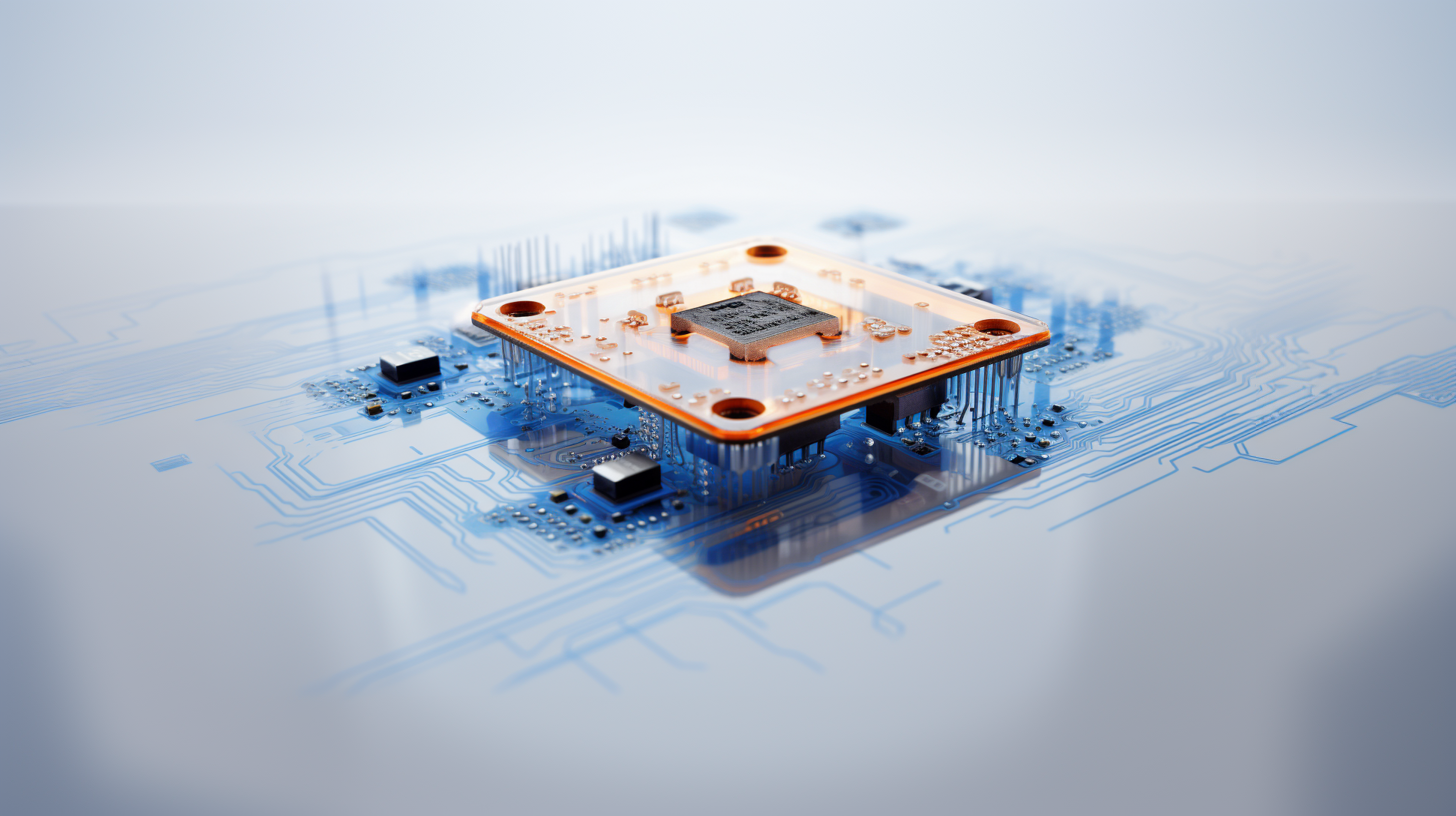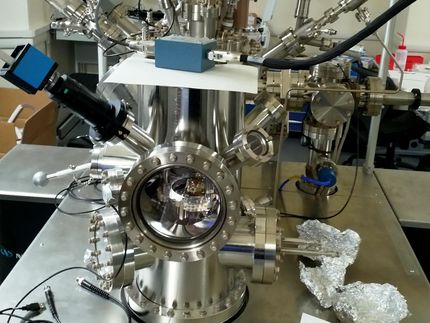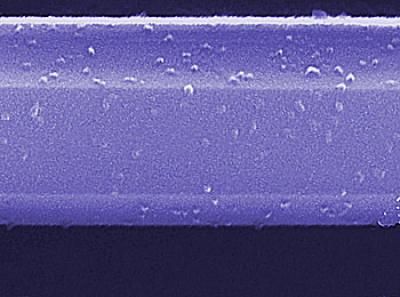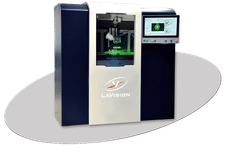Graphene imperfections key to creating hypersensitive 'electronic nose'
Researchers have discovered a way to create a highly sensitive chemical sensor based on the crystalline flaws in graphene sheets. The imperfections have unique electronic properties that the researchers were able to exploit to increase sensitivity to absorbed gas molecules by 300 times.
The study is available online in advance of print in Nature Communications.
When a graphene lattice or sheet is formed, its polycrystalline structure has random boundaries between the single-crystal grains. The properties of the lattice are significantly affected by these "grain boundaries," said Amin Salehi-Khojin, UIC assistant professor of mechanical and industrial engineering and principal investigator on the study.
In many applications, grain boundaries are considered faults because they scatter electrons and may weaken the lattice. But Salehi-Khojin and his colleagues showed that these imperfections are important to the working of graphene-based gas sensors. They created a micron-sized, individual graphene grain boundary in order to probe its electronic properties and study its role in gas sensing.
Their first discovery was that gas molecules are attracted to the grain boundary and accumulate there, rather than on the graphene crystal, making it the ideal spot for sensing gas molecules. A grain boundary's electrical properties attract molecules to its surface.
A theoretical chemistry group at UIC, led by Petr Kral, was able to explain this attraction and additional electronic properties of the grain boundary. The irregular nature of the grain boundary produces hundreds of electron-transport gaps with different sensitivities.
"It's as though we have multiple switches in parallel," said graduate student Poya Yasaei, first author on the paper. "Gas molecules accumulate on the grain boundary; there is a charge transfer; and, because these channels are all paralleled together, all the channels abruptly open or close. We see a very sharp response."
Researchers have been trying to develop a highly sensitive and robust sensor for decades, said UIC postdoctoral fellow Bijandra Kumar, a co-author on the paper.
"We can synthesize these grain boundaries on a micrometer scale in a controlled way," Kumar said. "We can easily fabricate chip-scale sensor arrays using these grain boundaries for real-world use."
Salehi-Khojin said it should be possible to "tune" the electronic properties of graphene grain-boundary arrays using controlled doping to obtain a fingerprint response -- thus creating a reliable and stable "electronic nose."
With the grain boundary's strong attraction for gas molecules and the extraordinarily sharp response to any charge transfer, such an electronic nose might be able to detect even a single gas molecule, Salehi-Khojin believes, and would make an ideal sensor.
Other news from the department science
These products might interest you
Most read news
More news from our other portals
See the theme worlds for related content
Topic world Sensor technology
Sensor technology has revolutionized the chemical industry by providing accurate, timely and reliable data across a wide range of processes. From monitoring critical parameters in production lines to early detection of potential malfunctions or hazards, sensors are the silent sentinels that ensure quality, efficiency and safety.

Topic world Sensor technology
Sensor technology has revolutionized the chemical industry by providing accurate, timely and reliable data across a wide range of processes. From monitoring critical parameters in production lines to early detection of potential malfunctions or hazards, sensors are the silent sentinels that ensure quality, efficiency and safety.

































































